HOW TO ENGAGE DISENGAGED STUDENTS WITH AUTISM, ADHD & NEURODIVERSITY
Learn How to Engage Disengaged Students Today!
Increasing engagement ➡️ SUCCESS!
In this podcast I talk about how to increase engagement, including:
✨ Professor Skinner’s 5 main obstacles to learning
✨ Encouraging Independence (click to jump to this section)
✨ Top Tips to Keeping on Task (click to jump to this section)
✨ Why making Mistakes is Frustrating (click to jump to this section)
✨ Task Analysis (click to jump to this section)
✨ Rewards (click to jump to this section)
This year all my new workshops focus on engagement and participation to increase success for all.
Join me for a Live Virtual Workshop or an Online Course – whichever learning style suits you best!
Learn how to engage disengaged children Today!
Renowned psychologist Professor Skinner identified 5 main obstacles to learning:
| 1. Fear of failure |
Encourage independence (p34 Big Blue Book) Why making mistakes is frustrating (p36 Big Blue Book) |
| 2. Lack of directions |
Start & finish day (p15 Big Red Book) |
| 3. Lack of clarity in directions | 12 tips to keep on task (p34 Big Blue Book) |
| 4. Positive reinforcement is not used often enough | Rewards (p28 Big Blue Book) |
| 5. Task is not broken down into small enough steps | Small steps of success (p28 Big Blue Book) |
Tips to Encourage Independence
Excerpt from Teacher Assistant’s Big Blue Book of Ideas (p14)





REWARD having a go!
Top Tips to Keeping on Task
Excerpt from Teacher Assistants Big Blue Book of Ideas (p34)







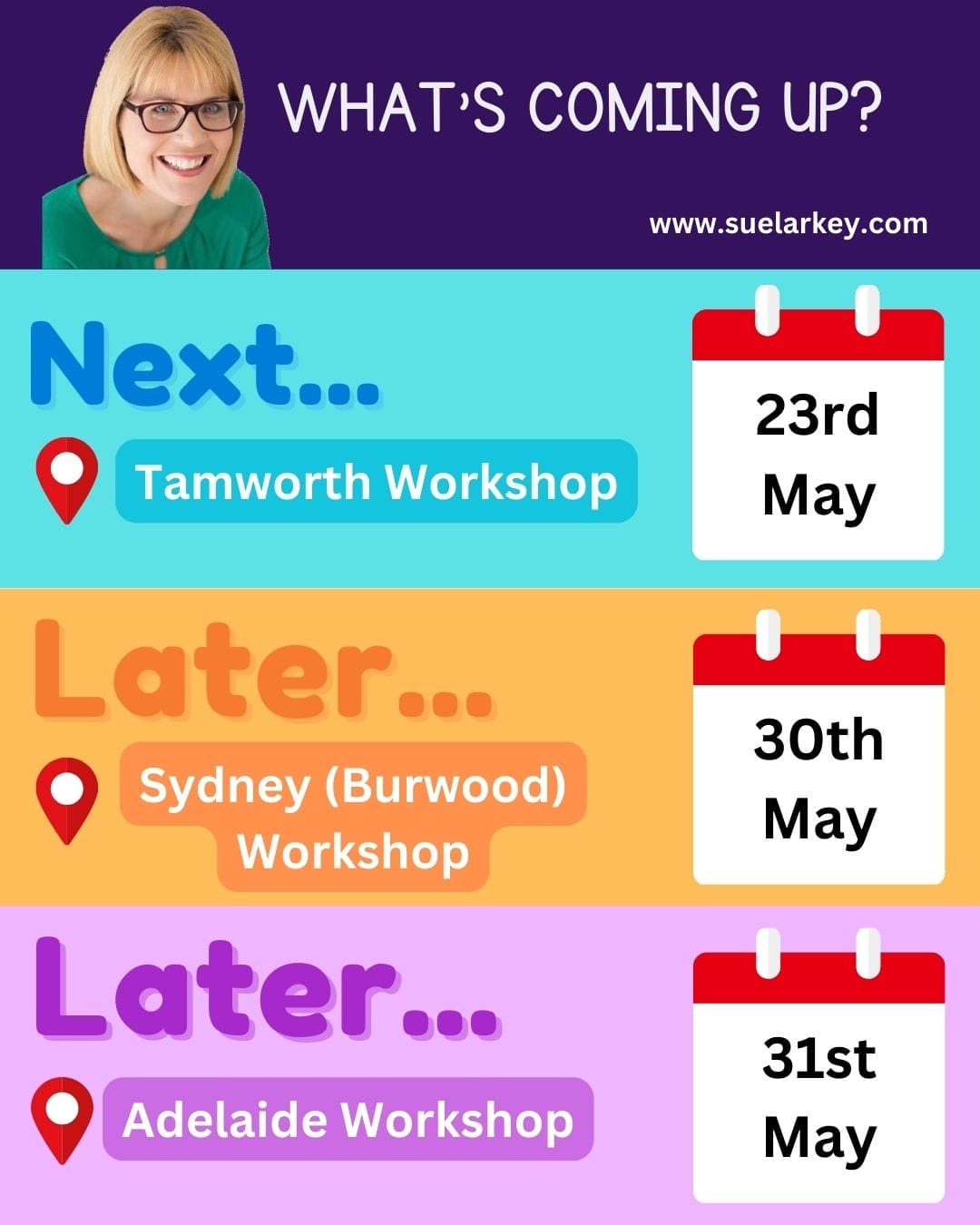
Why making Mistakes is Frustrating!
A key part of increasing participation and engagement is getting students to “have a go” but have you ever noticed making mistakes is particularly frustrating for students with autism, ADHD or neurodiversity?
This is because these students often have difficulty with “cognitive flexibility”. In other words they have a one track mind: their thinking tends to be rigid and not adapt to failure or change. One of the characteristics associated with this inflexibility is being less able to learn from mistakes.
When we are trying to engage children or encourage them to participate, this “inflexible thinking” can be a barrier to learning. The challenges of “inflexible thinking” are students can make the same mistakes over and over, can’t see an alternative option or opinion, or can get frustrated when corrected as they believe they are correct. There are a range of strategies we can use to support understanding and therefore encourage trying new activities or “having a go”.
Strategies to Support Understanding:
- Break activities into small, achievable steps.
- Use Social Stories to support understanding (i.e. in Developing Social Skills book “It is okay to make mistakes” page 72).
- Model making mistakes and how to correct them.
- Tell what to do, not what not to do. Use positive phrases rather than negative. For example: “Put your hand up” vs “Don’t call out”.
- Reward “having a go”.
- For more ideas see Teacher Assistants Big Blue Book of Ideas page 36
Understanding will help to engage disengaged students!
“Small steps of success are better than giant leaps of failure.”
Task Analysis
Task Analysis is breaking tasks into micro-steps.
For example a task like picking up a pencil can be broken down into:
- Scanning the table for the pencil.
- Finding the pencil amongst other objects on table.
- Moving your hands towards the pencil.
- Picking up the pencil without knocking over other objects (many kids have difficulty with spatial perception; this is part of their sensory processing difficulties).
- Reposition your fingers to correct grip.
As you can see there are many steps to this task that need to be taught and often different supports required for each step.
Rewards
Things to remember about rewards
- The tasks need to be small and achievable
- Both the reward and task need to be very clear. Remember these students are literal so if you say “neat work” and they make a mistake they may have a meltdown because they believe they are going to miss out on the reward.
- Most students need small tasks and small rewards. Once the child has developed success and confidence then you can extend the time on each task before a reward.
- Rewards wear out so you will need a range of rewards.
More ideas on using rewards and how to identify rewards and motivators pages 28-30 of Teacher Assistants Big Blue Book of Ideas.
Enjoyed learning how to engage disengaged students?
Try these other resources.
-
The Ultimate Guide to School and Home
$44.95 -
Teacher Assistants Big Red Book of Ideas
$39.95 -
Teacher Assistants Big Blue Book of Ideas
$39.95 -
The Essential Guide to Secondary School
$44.95 -
RED and BLUE BOOK BUNDLE
$75.00 -
Tips for Toileting
$29.95 -
Sue Larkey’s MEGA BOOK of Timesavers, Tips & Strategies for Busy and Complex Classrooms
$49.95 -
Practical Sensory Programmes
$54.95 -
Making it a Success
$39.95 -
Practical Communication Programmes
$44.95 -
Red Beast Anger Workbook
$42.95 -
A Manual To Provide Support and Care for Adults with Autism Spectrum
$39.95 -
Practical Mathematics
$44.95

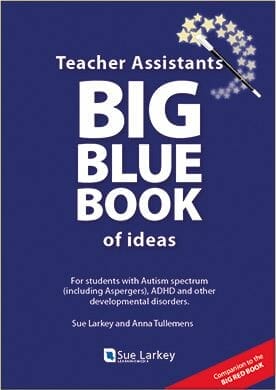

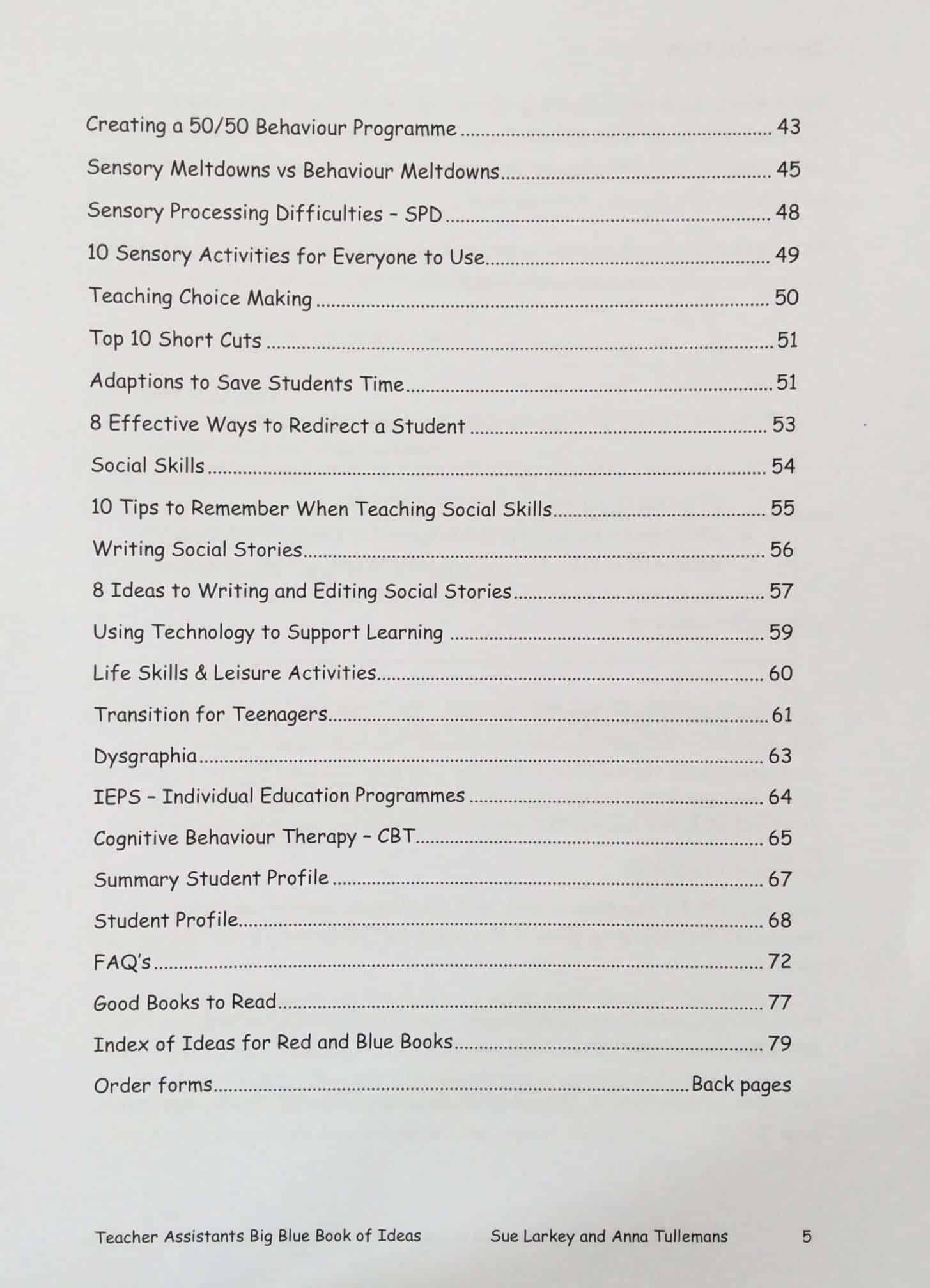
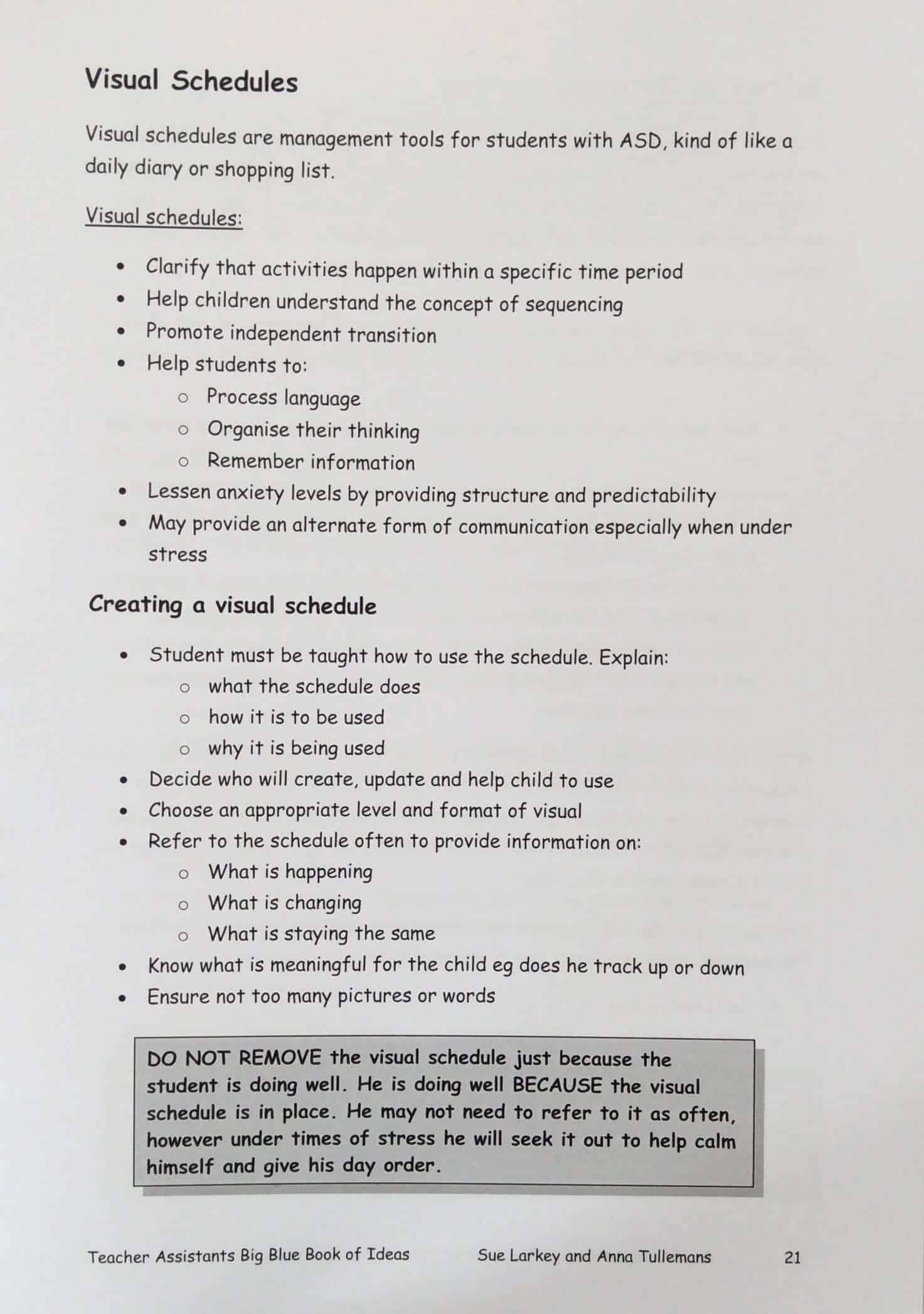
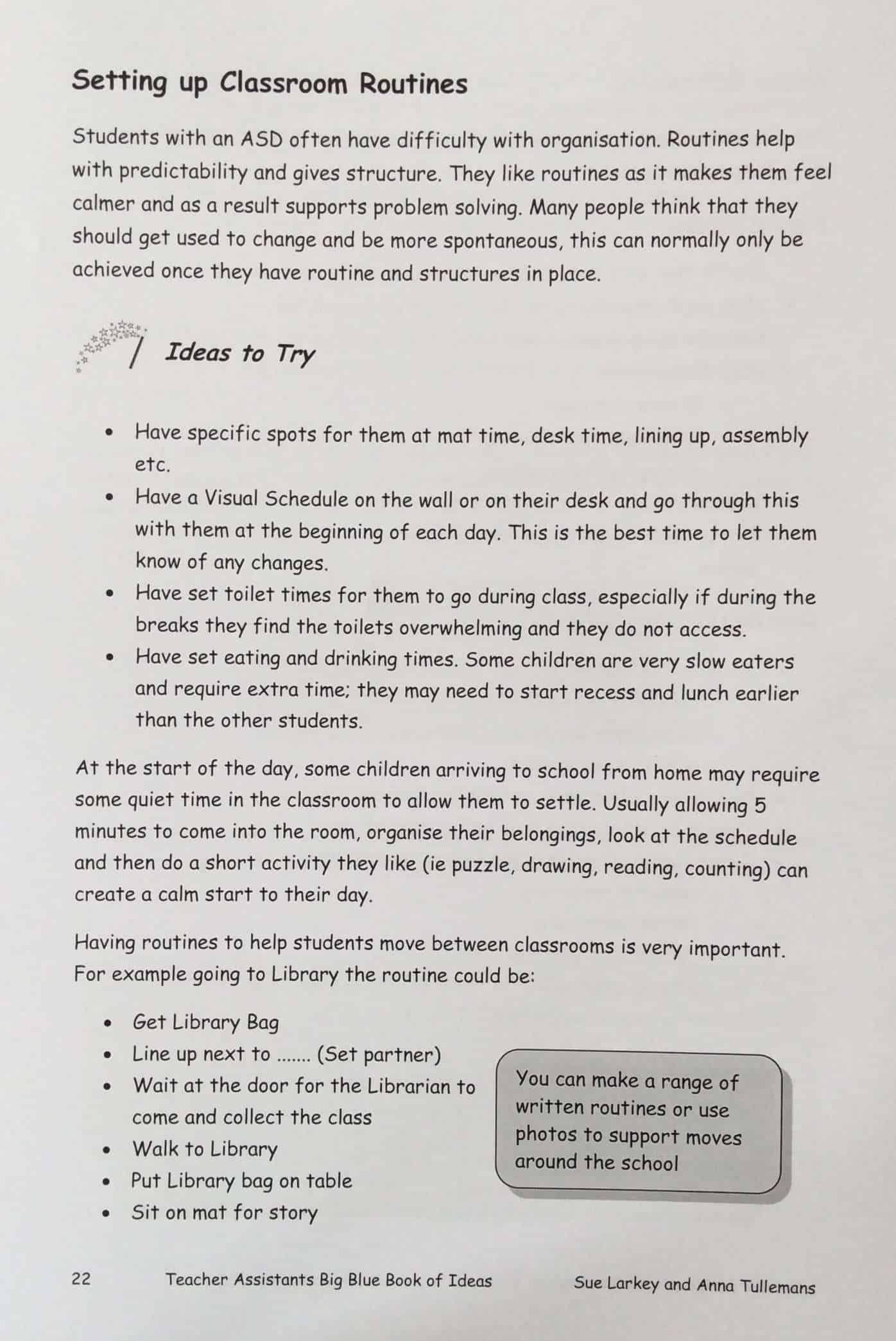
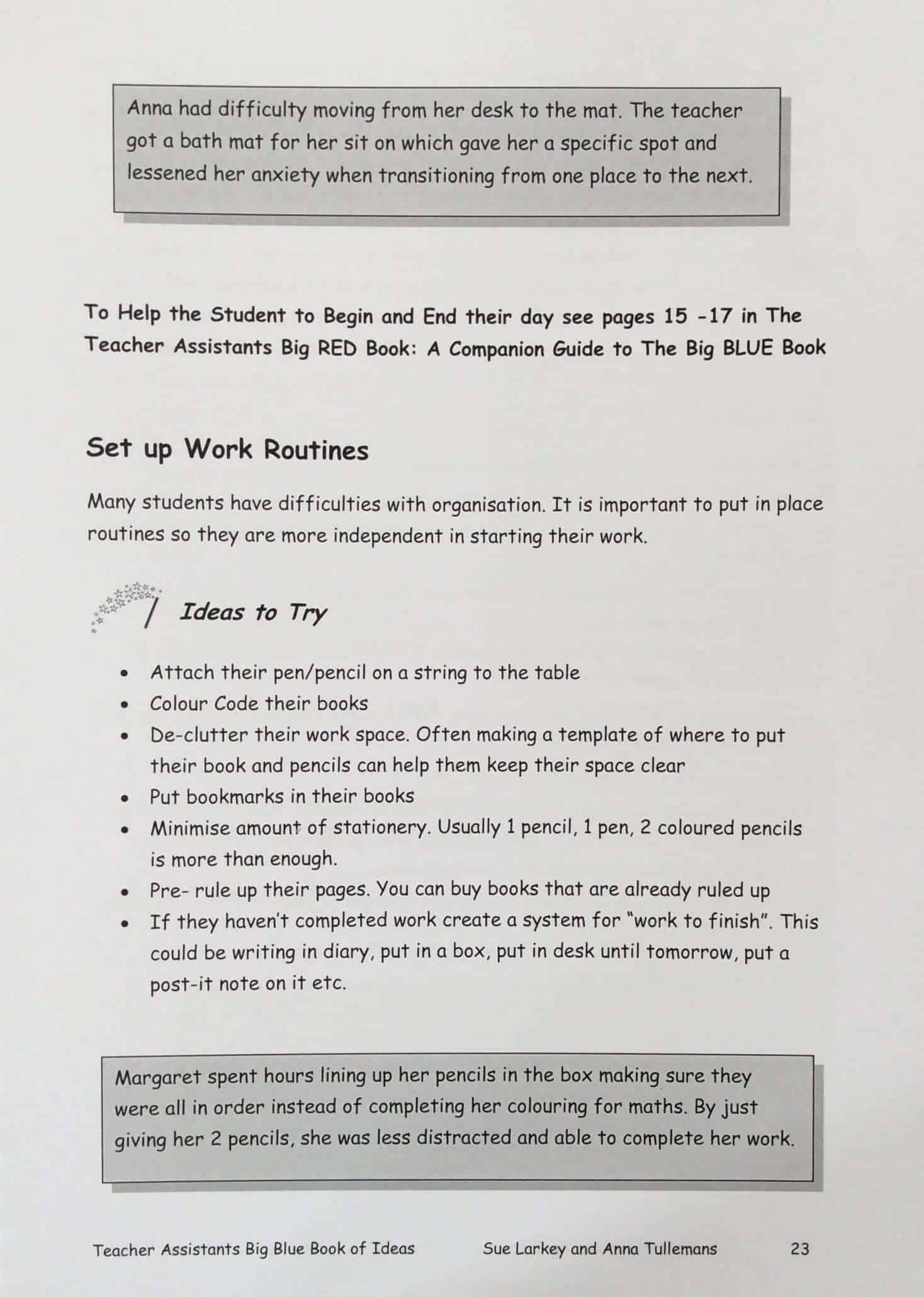
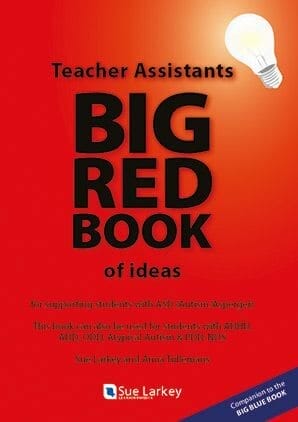
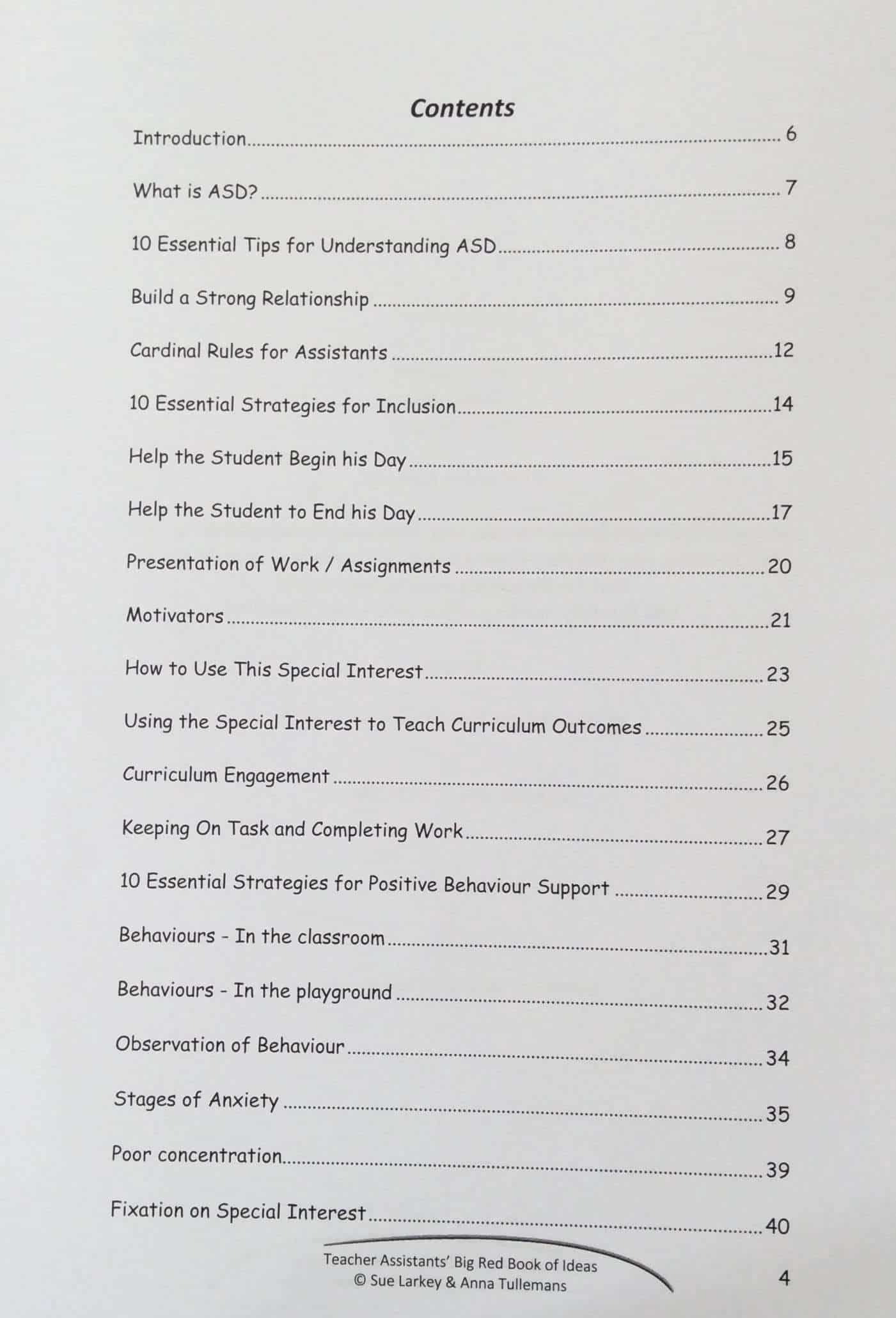
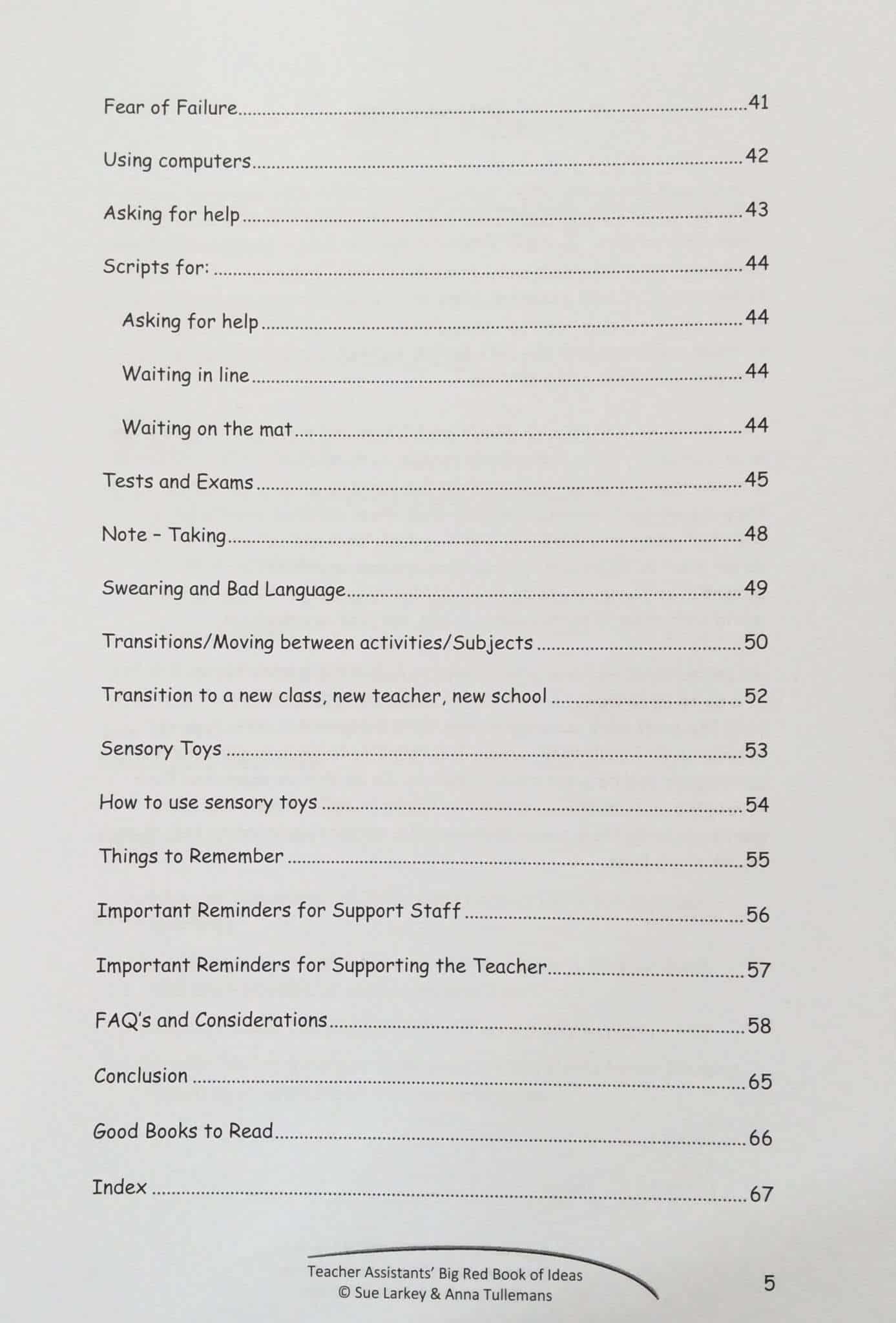
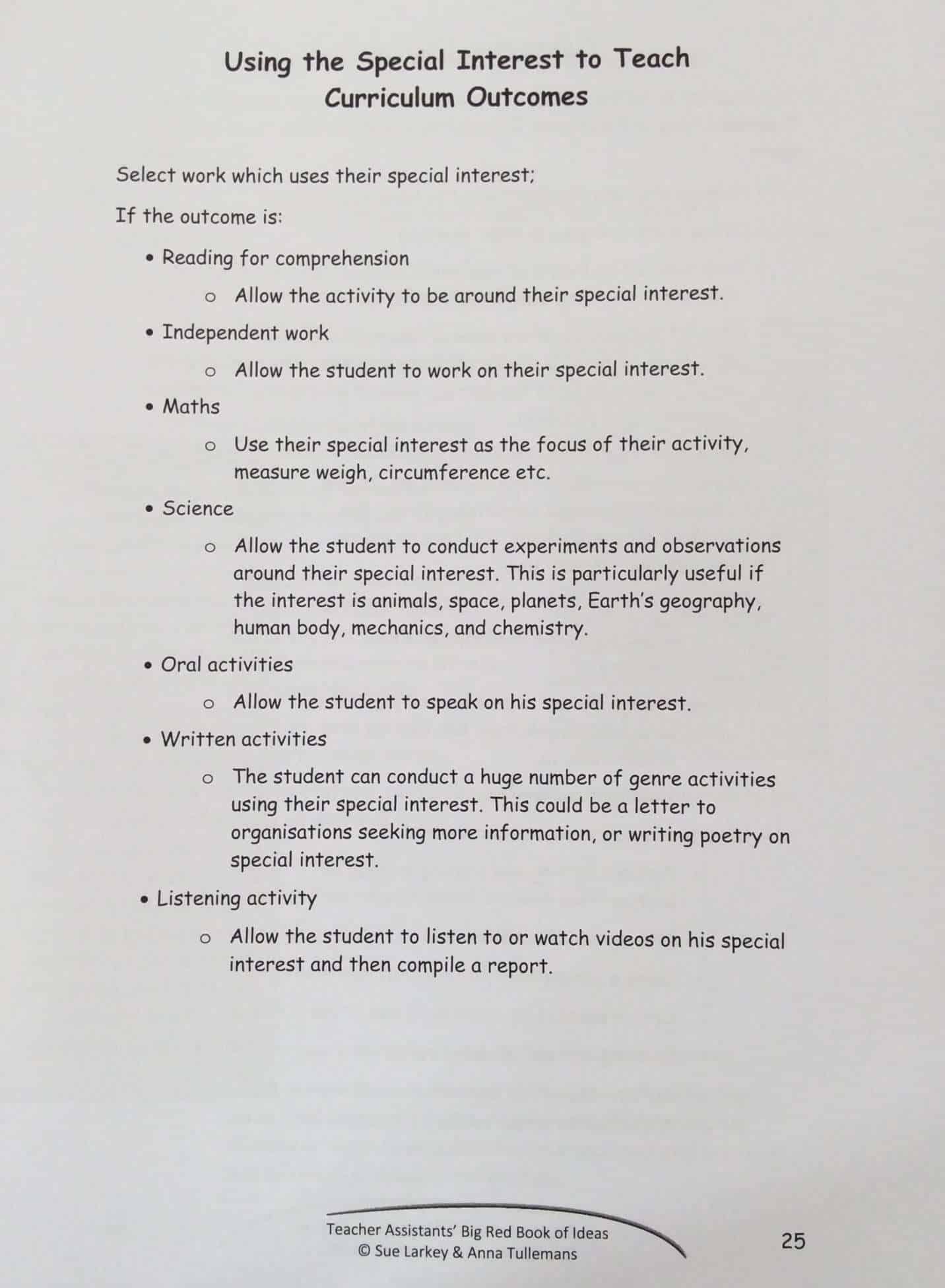
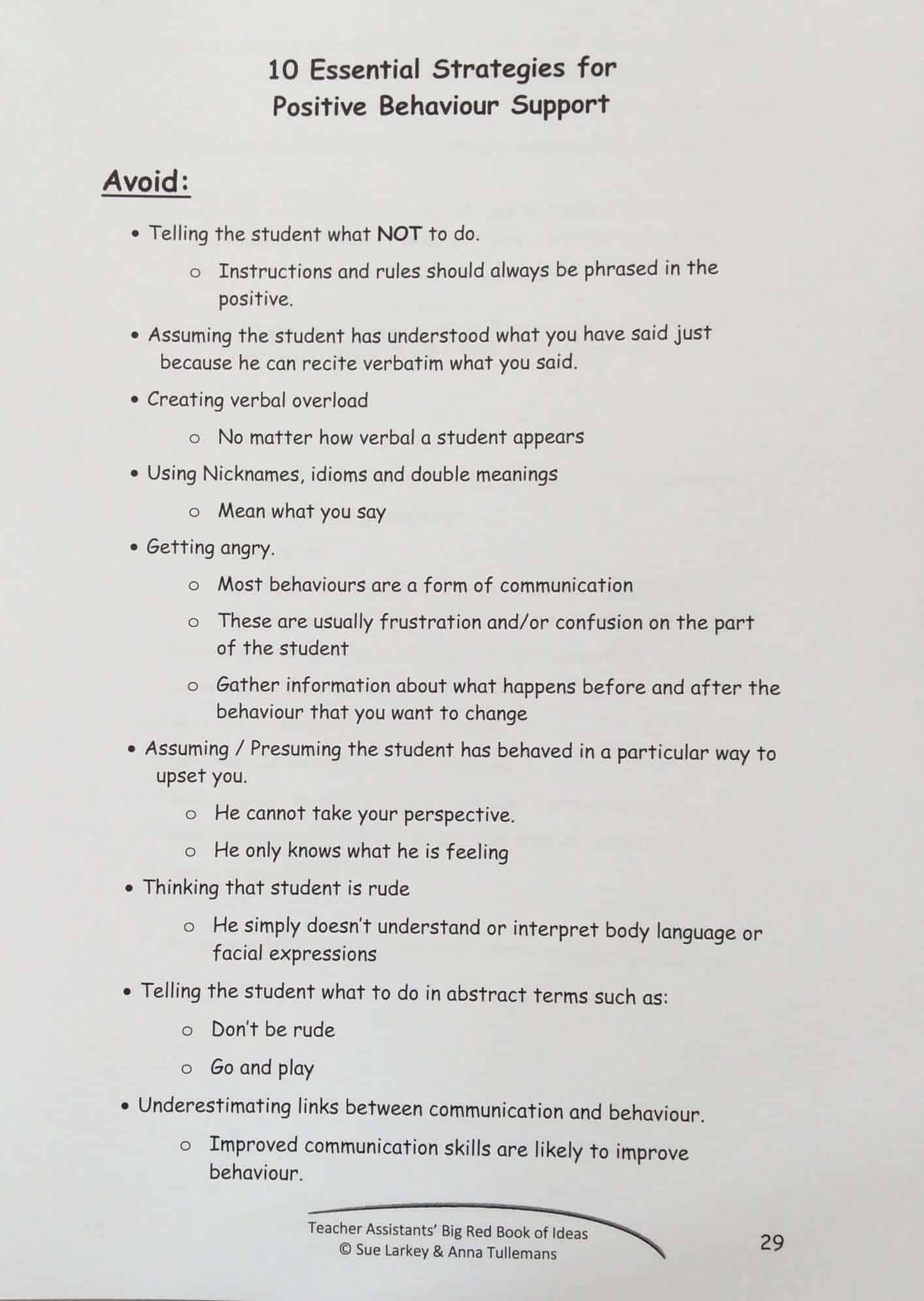
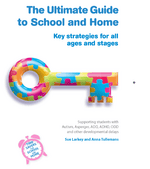
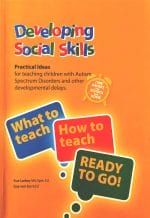
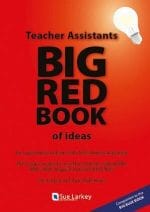
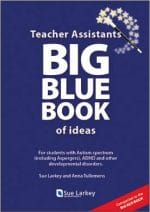
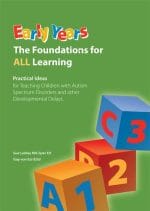
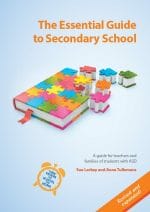
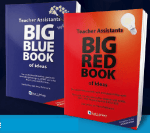
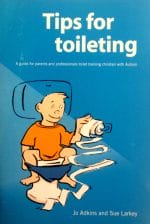
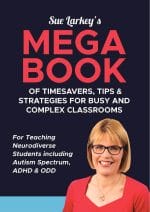
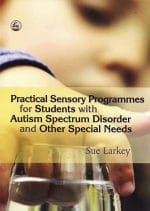
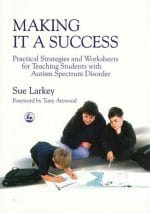
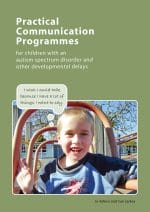



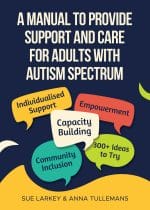
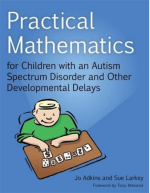

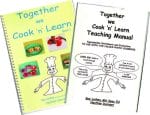
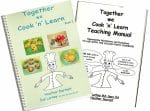
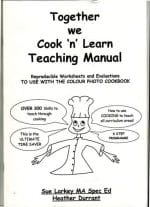
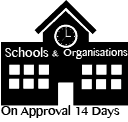
 For all orders outside Australia please email
For all orders outside Australia please email 